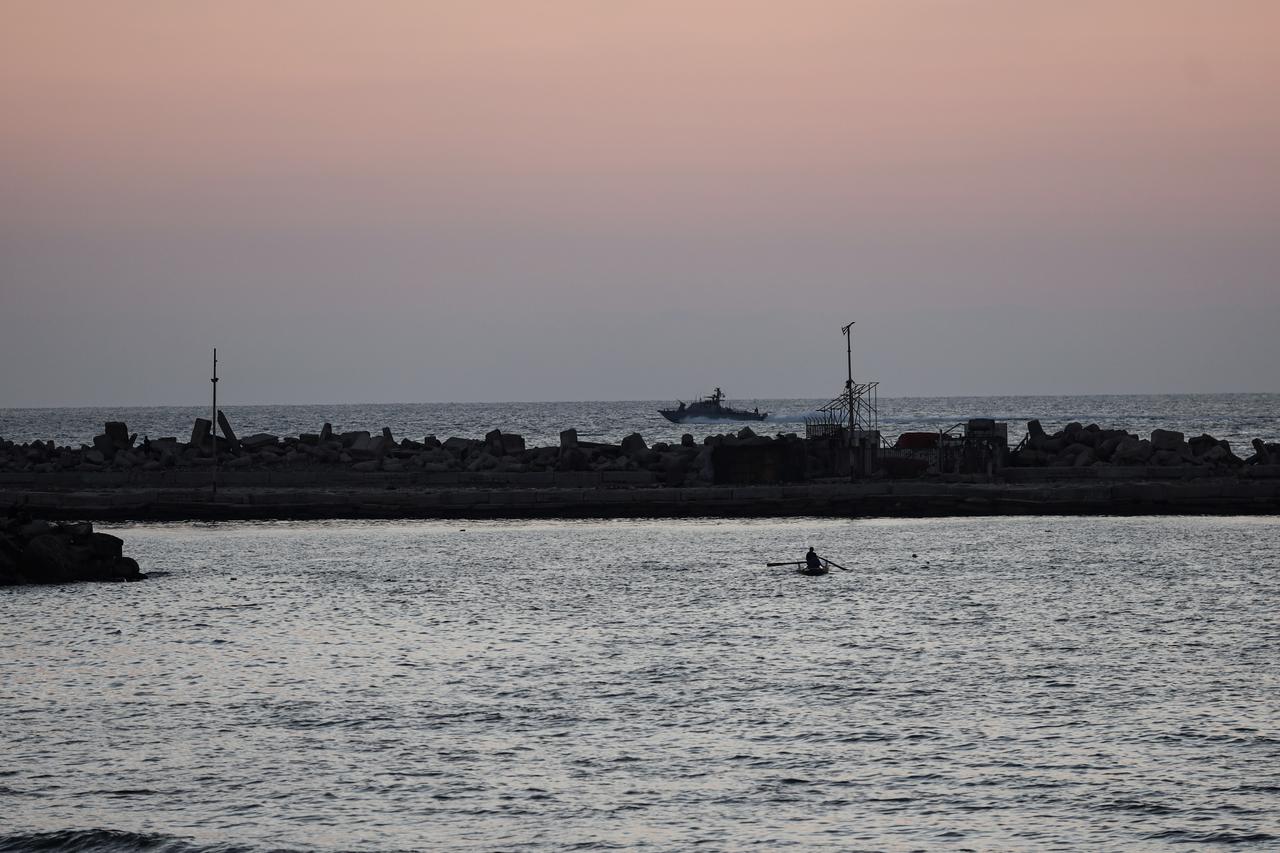
Videos have begun to surface showing tightly sealed plastic bottles containing food supplies washing up on shores. They are believed to be part of a symbolic initiative launched from several Arab countries, aiming to send aid to Gaza by sea, in the hope that ocean currents will carry the bottles to their destination.
The initiative, launched from Egypt and then spread to other Mediterranean countries, was seen as a last resort amid global inaction and under the weight of international pressure, as Israel’s hardline policies continue to block all forms of aid from entering Gaza.
The initiative involves filling empty 1- or 2-liter water bottles with a kilogram of rice, lentils, or other dry legumes, sealing them tightly and throwing them into the sea from the coasts of Mediterranean countries such as Egypt, Libya, Tunisia, Algeria or Morocco, in the hope that ocean currents will carry them to the shores of Gaza.
Inspired by the concept of “messages in bottles,” the idea quickly turned into a wave of online solidarity, with thousands of users engaging with it on social media.
Many described it as a “symbolic cry against the blockade” and a moral message to the people of Gaza, assuring them that they are not alone in facing hunger and death.
The initiative also reached Türkiye, where members of the Hur Dava Partisi (Free Cause Party) in Mersin took part by throwing tightly sealed plastic bottles filled with food into the sea, hoping ocean currents would carry them to Gaza.
The act sparked mixed reactions on social media. While some users described it as a “well-intentioned but futile gesture,” others criticized it for potentially contributing to plastic pollution and harming the marine environment.
Describing the initiative as a reflection of a deeply rooted Egyptian tradition, Emad Eldein Abdelhadei, a teaching assistant at the Institute of Arabic Research and Studies, points to an age-old cultural practice known in Egyptian folklore as Sheq El-Bahr (Parting the Sea).
Believed to date back to the Pharaonic era—and more specifically associated with the miracle of Prophet Moses parting the Red Sea—this ritual is still observed in coastal cities as a form of supplication, seeking divine intervention.
It often begins with the invocation, “O You who parted the sea for Moses,” symbolically calling upon the power of the miracle.
“This initiative may seem like a simple symbolic gesture,” Abdelhadei added, “but it stems from the collective memory of Egyptians—at a time when that memory is increasingly under threat, often dismissed under the guise of scientific or rational thought that is, in reality, superficial and detached from the cultural context.”